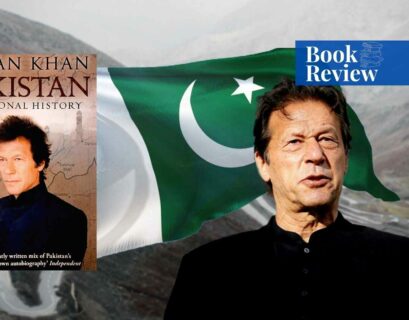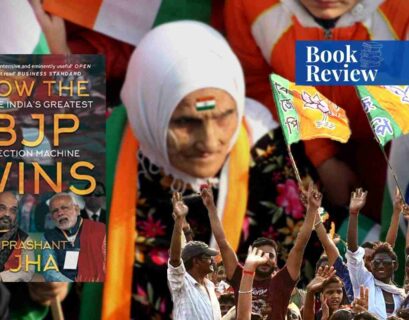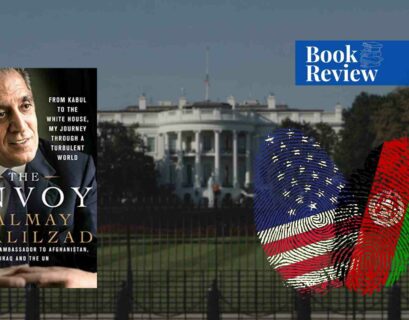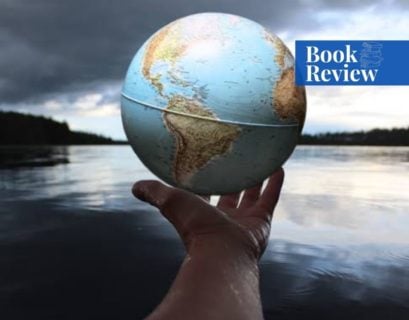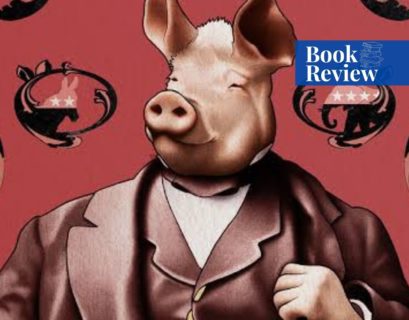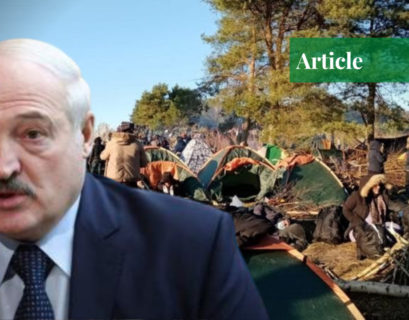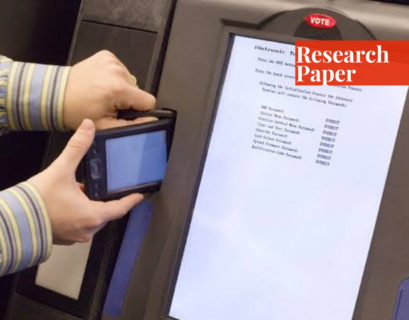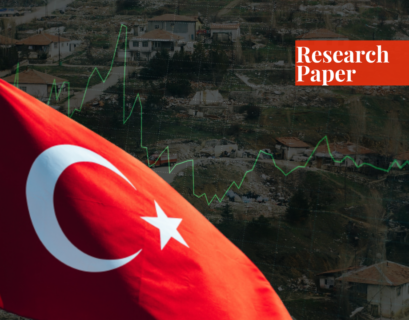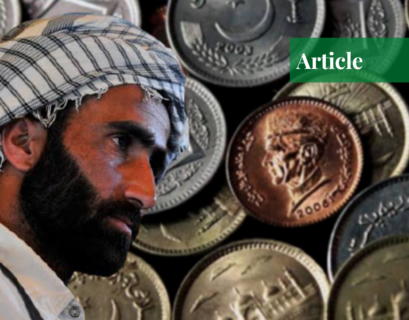Pakistan: A Personal History by Imran Khan
Authored by Pakistan’s former prime minister, Imran Khan, “Pakistan: A Personal History” offers the readers a look inside the beliefs, ideas, and personal life of the PTI leader. The book explains the history of Pakistan from Imran Khan’s perspective and introduces the people to the experiences that transformed him into who he is today.
How the BJP Wins: Inside India’s Greatest Election Machine
“How the BJP Wins: Inside India’s Greatest Election Machine” by Prashant Jha is thought to be a journalistic guide and an insightful analysis of the Indian electoral system, especially concerning the rise of the Bharatiya Janta Party (BJP) under the leadership of Narendra Modi.
A clear and responsible dissection of the success story of the BJP government following its big and decisive victory in the Lok Sabha elections of 2014 has been presented with the skilful connection drawn between various elements that are playing a role in making the rise of the BJP possible.
The Envoy: From Kabul to the White House, My Journey Through a Turbulent World
Zalmay Khalilzad contributed to the reconstruction and peace-building of Afghanistan after the USSR invaded the country – and in the post-Taliban era.
In “The Envoy: From Kabul to the White House, My Journey from a Turbulent World,” Khalilzad details his turbulent journey from a traditional country like Afghanistan to a modern and developed country like the US.
Khalilzad also argues that the world has already moved toward disorder and chaos because of several factors including terrorism, mistrust among allies, unrest in the Middle East, the rise of China, and Russian aggression.
A Book Review of 21 Lessons for the 21st Century
Yuval Noah Harari’s “21 Lessons for the 21st Century” is definitely a stand-alone book, but the author deftly develops his argument from his previous books, Sapiens ad Homo Deus. This book review introduces the book and author first before listing the 21 lessons and giving a critical analysis of the book.
Animal Farm by George Orwell (Book Review)
George Orwell’s “Animal Farm” is a symbolic representation of the pre and post-revolution Soviet Union. Through the characters of the book, Orwell has aptly captured the corruption, propaganda, and power politics that exist in human society. He depicts how even after the Russian Revolution, the cycle of exploitation continued – only the actors had changed.
Stranded Migrants at the Poland-Belarus Border: Victims of Politics & False Promises
President Lukashenko of Belarus has been accused of using social media to bring thousands of migrants (mainly from the Middle East) to Belarus. The migrants come in hopes of entering the European Union. Poland, Latvia, and Lithuania have now issued state emergency at the borders, leaving migrants stranded. Belarus states that it will assist the EU with the crisis – only if the EU removes the sanctions imposed on Belarus.
E-voting in Pakistan: Introducing Electronic Voting Machines (EVMs)
The present government has put forward its proposal of e-voting through electronic voting machines (EVMs), but this proposition is fraught with uncertainties, given political deadlocks and transparency issues. The author, Nimra Dawood, discusses and analyzes the wrangles over the introduction of EVMs in Pakistan for the 2023 elections, particularly the incompatibility of the EVMs with the 2017 Election Act.
The Economic Growth in Turkey Post the 2000-01 Turkish Financial Crisis
Although the two consecutive financial crises of 2000 and 2001 shook Turkey’s economy to the core, they also paved the way for major economic reform.
Against that backdrop, the author, Nimra Dawood, reflects on the remarkable economic development witnessed in Turkey shortly after the financial crises.
The Economy of Pakistan & the Possible Impact of the Taliban Government
The Taliban takeover in Afghanistan has significant implications for the regional actors, particularly for Pakistan. The author notes that the fall of Kabul could negatively influence the economy of Pakistan. She asserts that with the border between the two states open, the possibility of Pakistan facing another refugee crisis, a drug trafficking problem, and terrorism, has also increased. These issues will ultimately cause the economic growth of Pakistan – which improved by 3.94% in 2021 – to decline and undermine the progress of the developmental projects in the state.
